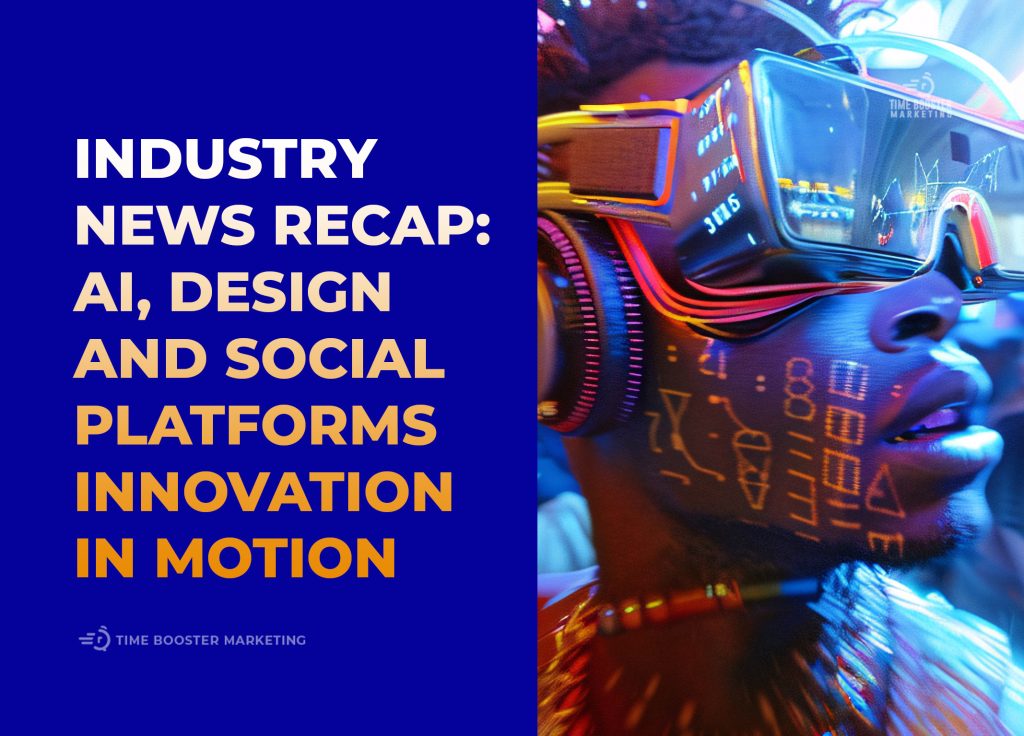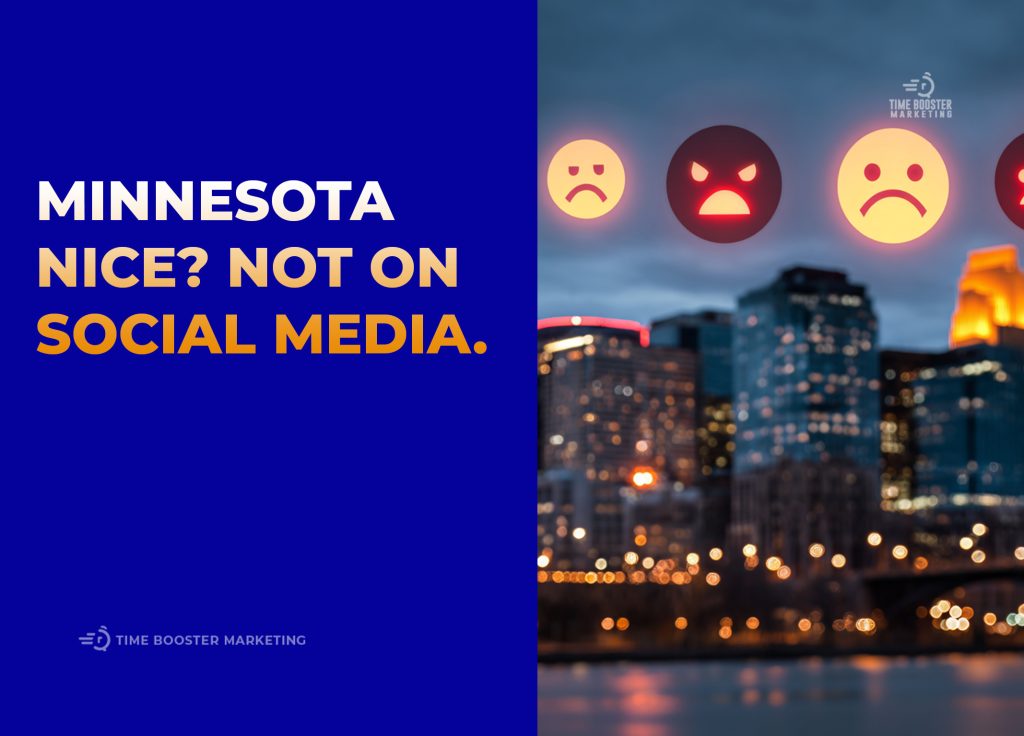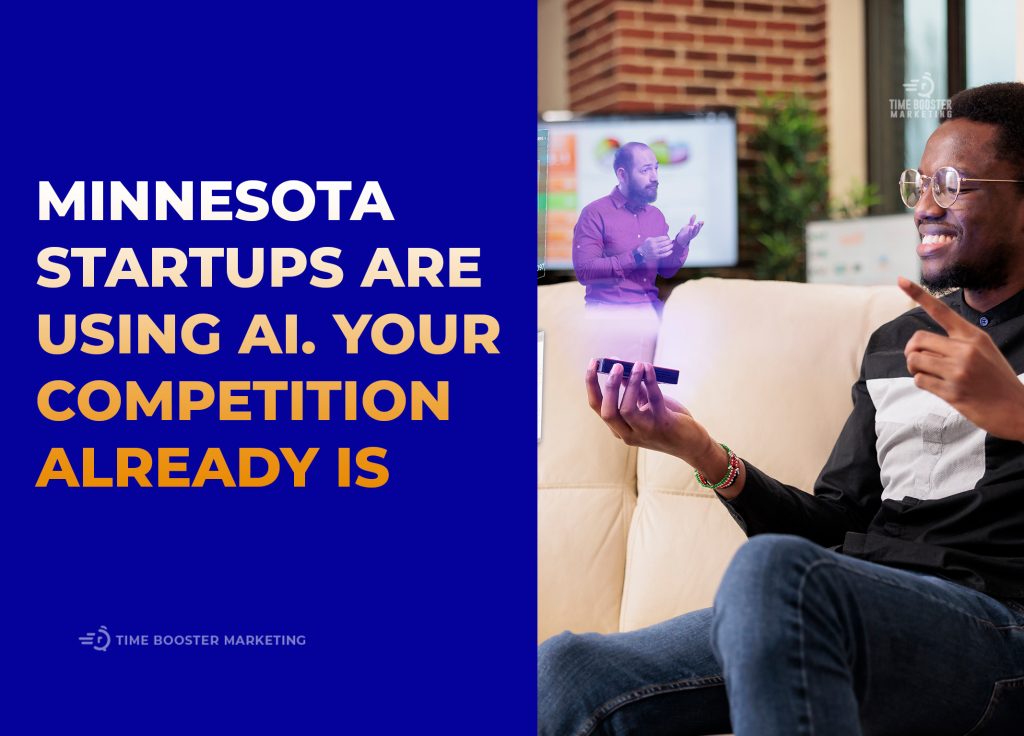Minnesota Marketing Trends for Healthcare
Healthcare in Minnesota is personal. People here value honesty, community, and genuine care, and these values directly shape how healthcare brands should market themselves. The most effective Minnesota marketing trends for healthcare are those rooted in empathy and accessibility.
In a world where patients can Google symptoms in seconds, your digital presence must build confidence, not confusion. From telehealth to social media storytelling, the healthcare marketing space in Minnesota is growing more human-centered every year. Let’s look at what’s driving that shift and how your organization can adapt.
1. Personalized Care Through AI-Driven Marketing

AI is transforming how healthcare organizations communicate with patients. Clinics and hospitals across Minnesota are using chatbots for appointment scheduling, predictive tools for patient reminders, and data-driven personalization for wellness content.
Example:
Mayo Clinic in Rochester uses AI to predict patient needs, allowing them to send helpful health content before an appointment. That’s marketing that feels like care.
Key Takeaways:
- Use AI tools like HubSpot Health or Salesforce Health Cloud to personalize outreach.
- Segment your patient list by age, concern, or location for relevant content.
- Let AI assist, but always include a human tone.
Learn more about healthcare personalization from Healthcare IT News.
2. Local Trust Building Through Community Content
Minnesotans respond to authenticity. The strongest healthcare campaigns here rely on local stories—real patients, real doctors, real outcomes. Whether it’s a community blood drive or a wellness workshop, marketing feels genuine when it reflects the people it serves.
Example:
Allina Health’s “Whole Person Care” campaign spotlighted patient stories from different Minnesota communities, emphasizing emotional wellness alongside physical health.
Practical Tip:
Feature your patients’ voices (with consent), highlight community events, and collaborate with local influencers like fitness coaches or dietitians to humanize your brand.
3. Educational Video and Short-Form Content
People trust healthcare brands that teach, not just sell. In 2025, short educational videos on platforms like YouTube Shorts and Instagram Reels are dominating the healthcare marketing landscape.
Why It Works:
Video makes complex medical topics simple. A 30-second clip explaining “How to lower stress naturally” can reach more locals than a full blog post.
Tools to Use:
- Canva Video Suite for branded short clips.
- InVideo or Descript for editing patient interviews.
- Subtitles for accessibility.
For insights on video engagement, see Sprout Social’s 2025 Marketing Report.
4. The Rise of Wellness Branding in Minnesota
Minnesota’s wellness industry; spas, gyms, natural skincare lines, and therapy centers, is booming. The most effective brands are merging healthcare reliability with lifestyle appeal.
Example:
Minneapolis-based Well Rooted Health blends modern medicine with holistic therapies, marketing through newsletters and wellness challenges.
Marketing Tip:
Combine educational posts with motivational ones. Instead of just saying “Eat better,” show stories of locals improving their health through small steps.
5. Ethical Marketing and Data Transparency
Healthcare marketing thrives on trust. With new data privacy laws in 2025, Minnesota healthcare organizations must be transparent about how patient information is used.
How to Apply:
- Always include privacy disclaimers in newsletters or sign-ups.
- Educate patients on how their data improves their care.
- Highlight certifications like HIPAA compliance or cybersecurity audits.
This builds confidence and demonstrates accountability—a key value for Minnesota patients.
6. Social Responsibility and Wellness Advocacy
Modern patients expect brands to stand for something. Healthcare marketers are using social impact campaigns to show purpose beyond profit.
Example:
Hennepin Healthcare’s “Healthy Futures for All” program partners with local schools to provide free health checkups and workshops.
Actionable Ideas:
- Sponsor local charity walks or mental health events.
- Use your platforms to promote awareness days.
- Share behind-the-scenes moments showing your team’s community work.
7. Integrating Digital Health Tools into Marketing

Apps and wearables are now part of marketing. Fitness trackers, telehealth apps, and patient portals create new touchpoints for ongoing engagement.
Tip:
Use push notifications or email reminders tied to wellness milestones. If a user completes a fitness challenge, send a motivational message or reward code.
This kind of engagement turns users into loyal advocates.
Conclusion
The strongest Minnesota marketing trends for healthcare in 2025 share one thing; authentic connection. Whether it’s AI helping personalize care, video simplifying education, or local partnerships strengthening trust, successful healthcare brands are the ones that feel human.
To grow your healthcare or wellness brand, lead with compassion, transparency, and purpose. Minnesotans don’t just want information, they want to feel understood.
Start small. Tell a patient story. Share a local wellness tip. Use marketing to heal relationships, not just attract customers. That’s how real healthcare marketing grows.






